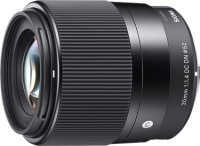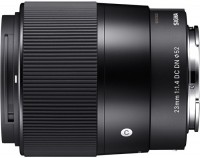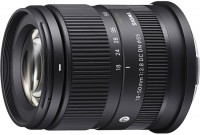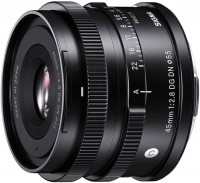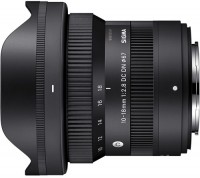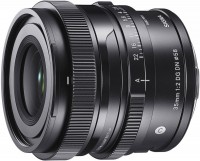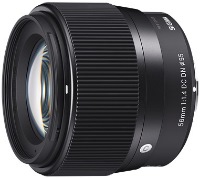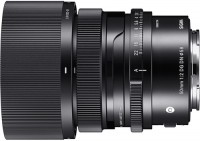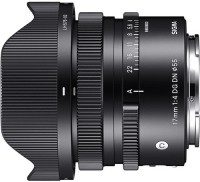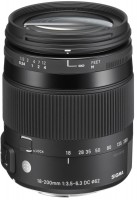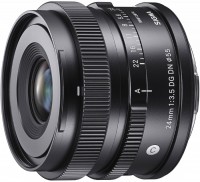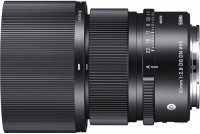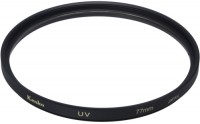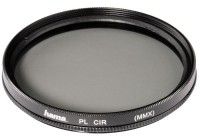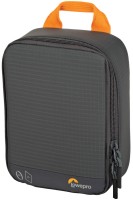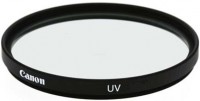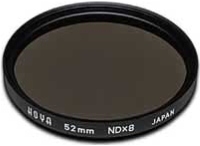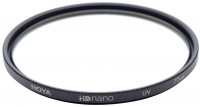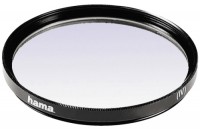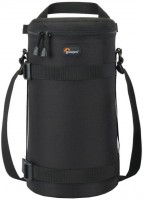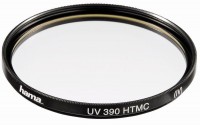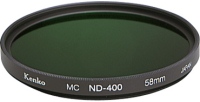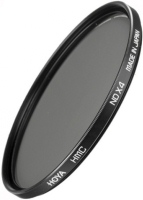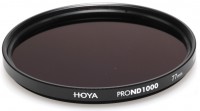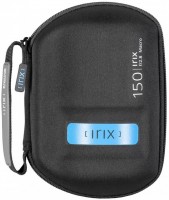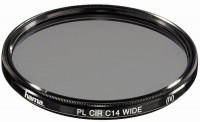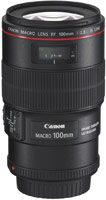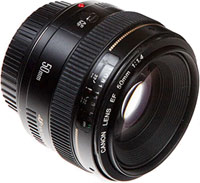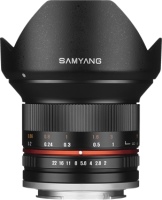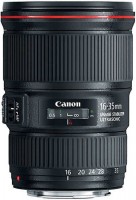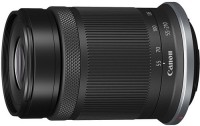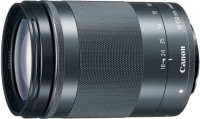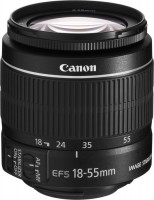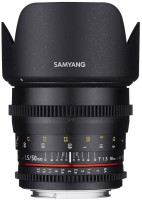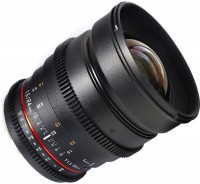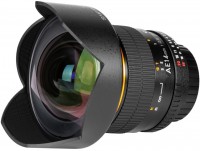Sigma 17-70mm f/2.8-4.0 Contemporary OS HSM DC Macro
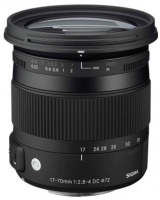 | Outdated Product £367.97 The versatility of focal lengths (17-70 mm) and the prefix MACRO in the model name allows you to use the lens to perform a huge number of photo tasks. At the minimum zoom position, it is suitable for shooting architecture, in the middle — for landscape and everyday shooting, and at the long end — it can be used as a portrait lens. The maximum aperture of the Sigma 17-70mm F2.8-4.0 DC MACRO OS HSM C changes with increasing focal length — from f / 2.8 to f / 4.0. In turn, the minimum aperture value is f / 22. For focus, the lens uses a Hyper Sonic Motor drive, and an optical stub was also placed inside its body (only for versions for Canon and Nikon SLR cameras). In modifications for Sony A and Pentax K systems, there is no stabilizer on board, since such cameras have a matrix stub at their...disposal. An extended range of focal lengths and a higher aperture than standard optics make the lens an excellent replacement for 18-55mm "whale" optics. |
Sigma 17-70mm f/2.8-4.0 Contemporary OS HSM DC Macro | |||||||||||||||||||||||||||||||||||||||
| |||||||||||||||||||||||||||||||||||||||
The versatility of focal lengths (17-70 mm) and the prefix MACRO in the model name allows you to use the lens to perform a huge number of photo tasks. At the minimum zoom position, it is suitable for shooting architecture, in the middle — for landscape and everyday shooting, and at the long end — it can be used as a portrait lens. The maximum aperture of the Sigma 17-70mm F2.8-4.0 DC MACRO OS HSM C changes with increasing focal length — from f / 2.8 to f / 4.0.
In turn, the minimum aperture value is f / 22. For focus, the lens uses a Hyper Sonic Motor drive, and an optical stub was also placed inside its body (only for versions for Canon and Nikon SLR cameras). In modifications for Sony A and Pentax K systems, there is no stabilizer on board, since such cameras have a matrix stub at their disposal. An extended range of focal lengths and a higher aperture than standard optics make the lens an excellent replacement for 18-55mm "whale" optics.
Always clarify the specifications and configuration of the product with the online store manager before purchasing.
Catalog Sigma 2025 - new arrivals, bestsellers, and the most relevant models Sigma.
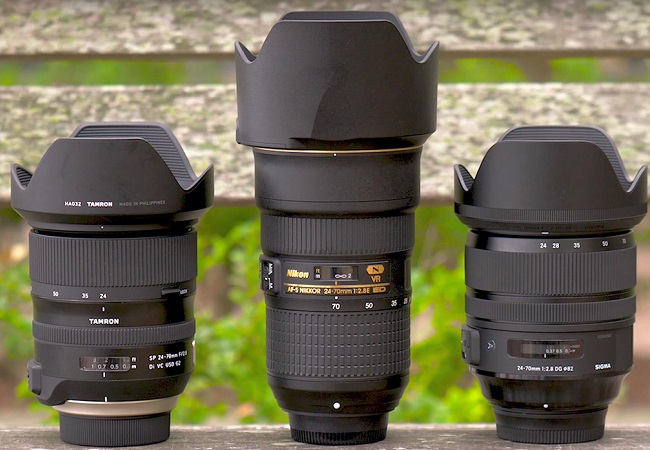

The Sigma 17-70mm f/2.8-4 DC OS HSM Macro C zoom lens belongs to the group of amateur optics of the Contemporary line. Its optical characteristics are not the most outstanding, as well as its resolution, but the advantage of the model over standard lenses is visible to the naked eye.
Fast optics
For starters, the lens can use a maximum aperture of f/2.8 at wide angle. However, it is worth changing the zoom position even a little, and the aperture immediately drops, gradually dropping to the f / 4 mark (at a focal length of about 50 mm and up to the maximum approximation). Structurally, the diaphragm of the model consists of 7 petals, which form an even, but not perfectly round hole. Accordingly, in the blur zone, the lens draws bokeh that is pleasing to the eye.
Internal hardware
The plastic body shell of the Sigma 17-70mm f/2.8-4 DC OS HSM Macro C hides an ultrasonic HSM autofocus motor and an optical image stabilizer designed to compensate for up to 4 stops of exposure. Both mechanisms cannot be called noiseless, nevertheless, they cope with the duties placed on their shoulders with a bang. Annoyance is only the fact that it is impossible to adjust the focus in the autofocus mode, since the focus ring rotates within 45 °.
Wide range of abilities
Knowing that when the lens is zoomed in, the front lens unit extends, the Japanese engineers for some reason forgot to put a mechanical zoom lock into service with the model. As a result, her “trunk” moves forward spontaneously. The possibility of macro photography (with a maximum magnification of 1:2.8) helps to smooth the impression of this design feature. It complements the lens' wide range of other abilities, and is equally good at landscape, street and portrait photography.


